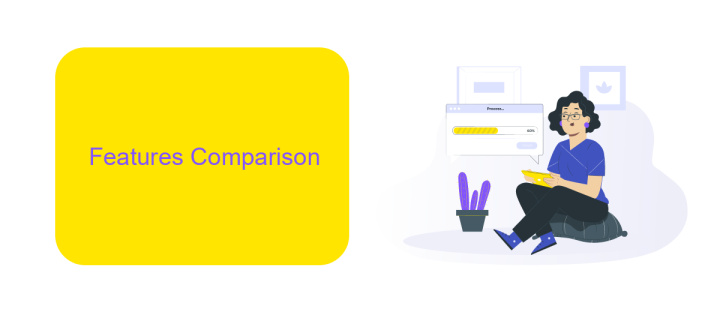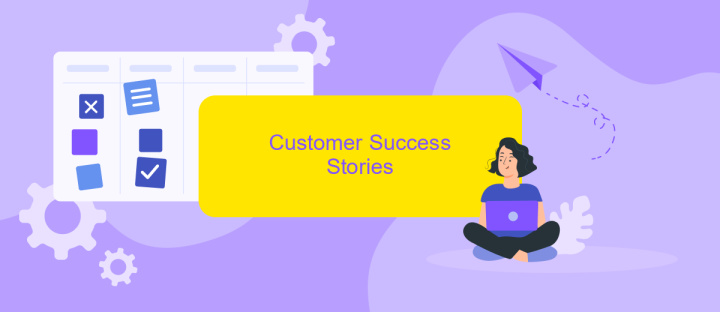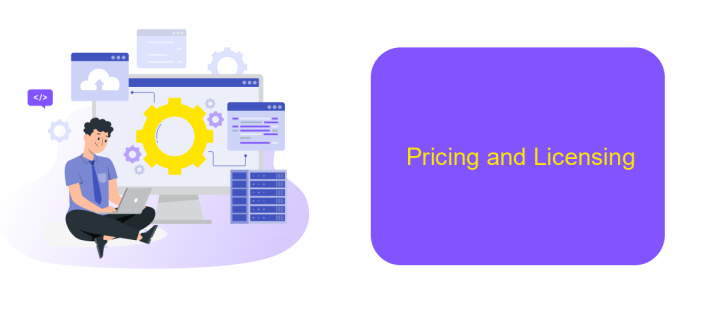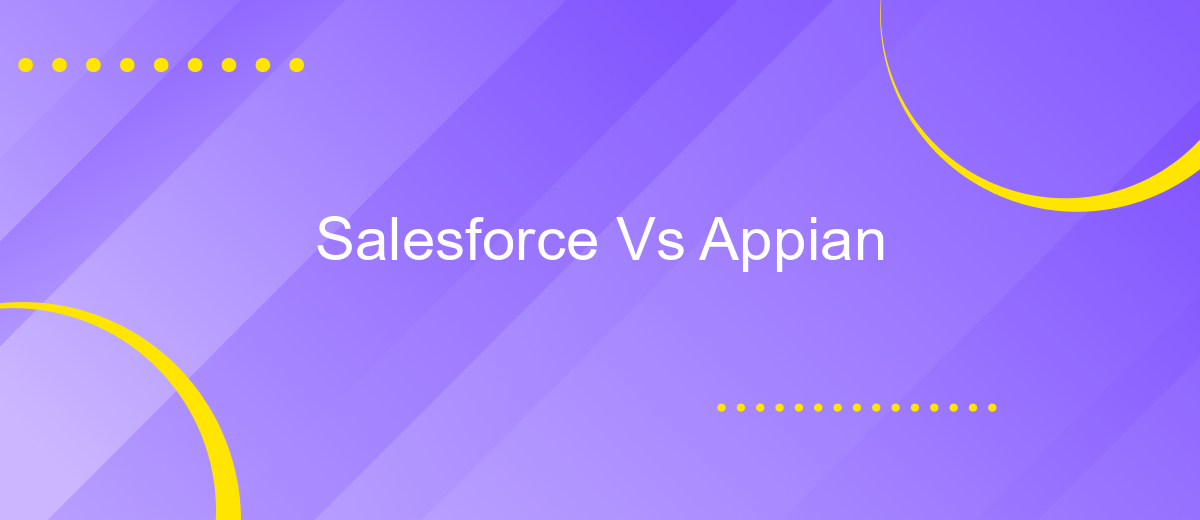Salesforce Vs Appian
In today's rapidly evolving business landscape, choosing the right platform for process automation and customer relationship management is crucial. Salesforce and Appian are two leading contenders in this space, each offering unique features and capabilities. This article aims to provide a comprehensive comparison of Salesforce and Appian, helping organizations make an informed decision tailored to their specific needs.
Introduction
In the ever-evolving landscape of business process management and customer relationship management, two platforms often stand out: Salesforce and Appian. Both offer robust solutions designed to streamline operations, improve customer engagement, and drive business growth. However, choosing between these two can be a daunting task, as each has its own unique strengths and capabilities.
- Salesforce: A leading CRM platform known for its extensive customization options and powerful analytics.
- Appian: A versatile BPM tool that excels in automating complex workflows and integrating various systems.
When it comes to integration, tools like ApiX-Drive can play a crucial role. ApiX-Drive simplifies the process of connecting different platforms, ensuring seamless data flow and operational efficiency. Understanding the core features and integration capabilities of Salesforce and Appian will help businesses make an informed decision that aligns with their specific needs and objectives.
Features Comparison

When comparing Salesforce and Appian, it's essential to understand their unique features. Salesforce is renowned for its comprehensive CRM capabilities, offering robust tools for sales, marketing, and customer service. It provides extensive customization options, allowing businesses to tailor the platform to their specific needs. Additionally, Salesforce's AppExchange marketplace offers a wide range of third-party applications to enhance functionality. On the other hand, Appian excels in low-code automation, enabling rapid application development with minimal coding. This makes it ideal for organizations looking to streamline complex processes and improve operational efficiency.
Both platforms support integration with other systems, but their approaches differ. Salesforce boasts a powerful API and numerous built-in connectors, making it easier to integrate with existing tools. Appian, while also offering integration capabilities, focuses more on process automation and workflow management. For businesses that require seamless integration without extensive technical expertise, services like ApiX-Drive can be invaluable. ApiX-Drive simplifies the integration process, allowing users to connect Salesforce or Appian with various applications effortlessly, ensuring smooth data flow and enhanced productivity.
Customer Success Stories

Both Salesforce and Appian have proven track records of delivering exceptional results for their clients. These platforms have facilitated numerous success stories, showcasing their unique strengths and capabilities.
- A leading financial institution leveraged Salesforce to streamline their customer relationship management, resulting in a 30% increase in customer satisfaction and a 20% boost in sales within the first year.
- A healthcare provider utilized Appian's low-code automation to enhance their patient onboarding process, reducing the time required by 40% and significantly improving patient experience.
- Using ApiX-Drive, a retail company successfully integrated Salesforce with their e-commerce platform, automating their sales and marketing processes, which led to a 25% increase in online sales and a 15% reduction in operational costs.
These success stories illustrate how Salesforce and Appian can be tailored to meet specific business needs, driving growth and efficiency. Whether it's through advanced CRM capabilities or low-code automation, these platforms, along with integration services like ApiX-Drive, empower businesses to achieve their goals and exceed customer expectations.
Pricing and Licensing

When comparing Salesforce and Appian in terms of pricing and licensing, it's essential to consider both the initial costs and the ongoing expenses associated with each platform. Salesforce offers a variety of pricing tiers, ranging from basic plans for small businesses to more comprehensive solutions for large enterprises. Appian, on the other hand, provides a more straightforward pricing model, often appealing to organizations looking for a clear and predictable cost structure.
Salesforce's pricing is typically based on a per-user, per-month model, which can quickly add up as your team grows. Appian follows a similar subscription-based approach but often includes more features in its base price, potentially offering better value for certain use cases.
- Salesforce: Multiple pricing tiers, per-user/per-month model
- Appian: Subscription-based pricing, more inclusive of features
- Both offer enterprise-level solutions with customization options
Additionally, both platforms provide options for integrating with other tools and services. For those looking to streamline the integration process, services like ApiX-Drive can be invaluable. ApiX-Drive simplifies the connection between Salesforce, Appian, and various other applications, ensuring seamless data flow and enhanced productivity.
Conclusion
In conclusion, both Salesforce and Appian offer robust solutions for businesses looking to enhance their operational efficiency and customer engagement. Salesforce excels with its comprehensive CRM capabilities, extensive third-party integrations, and user-friendly interface, making it ideal for sales-driven organizations. On the other hand, Appian shines in its ability to streamline complex business processes through its powerful low-code automation platform, making it a strong contender for enterprises focused on process optimization.
Choosing between the two ultimately depends on your specific business needs and objectives. For organizations seeking to leverage advanced CRM functionalities and a wide range of integrations, Salesforce is a compelling choice. Conversely, if your primary goal is to automate and optimize intricate workflows, Appian's low-code environment may be more suitable. Additionally, services like ApiX-Drive can further enhance the integration capabilities of both platforms, ensuring seamless data flow and operational synergy across your business applications.
FAQ
What are the primary differences between Salesforce and Appian?
Which platform is better for automating business processes?
Can Salesforce and Appian be integrated with other software?
Which platform is more suitable for a small business?
What are the options for automating integrations between Salesforce, Appian, and other platforms?
Strive to take your business to the next level, achieve your goals faster and more efficiently? Apix-Drive is your reliable assistant for these tasks. An online service and application connector will help you automate key business processes and get rid of the routine. You and your employees will free up time for important core tasks. Try Apix-Drive features for free to see the effectiveness of the online connector for yourself.

